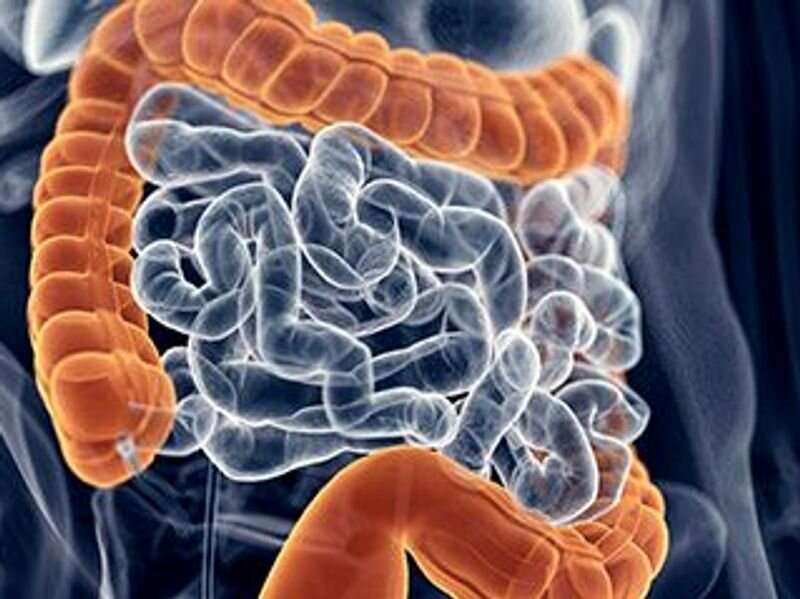
(HealthDay)—A C-reactive protein (CRP) cutoff is a sensitive and practical alternative to erythrocyte sedimentation rate (ESR) as a criterion to help determine ulcerative colitis (UC) activity, according to a study published online Feb. 11 in the Journal of Crohn's and Colitis.
Anthony Croft, M.B.B.S., from the Royal Brisbane and Women's Hospital in Australia, and colleagues examined the equivalent CRP cutoff for an ESR of >30 mm/h using data from 163 presentations with severe UC. Confusion matrices were used to determine the corresponding CRP cutoff. Data were analyzed from a validation cohort comprising 128 presentations.
The researchers found that a CRP cutoff of ≥12 mg/L yielded a positive predictive value (PPV) of 85%, with sensitivity and accuracy of 95 and 82%, respectively, for having a paired ESR of >30 mm/h. No statistically significant differences were seen in presenting fecal calprotectin, Mayo endoscopic subscore, or in the rates of intravenous corticosteroid therapy failure and colectomy-by-discharge for the groups determined by traditional ESR versus the new CRP-based criteria. A PPV of 83% and sensitivity of 94% resulted from application of the CRP ≥12 mg/L criterion to the validation cohort.
"This work may influence clinical practice by relegating ESR as an admission blood test in acute presentations of UC," the authors write. "Utilizing the CRP-based criteria will improve accessibility to the clinical information required for a complete assessment of the Truelove and Witts Criteria. This will enable a shorter turnaround time for critical decision making regarding patient disposition and management."
More information: Anthony Croft et al, Markers of systemic inflammation in acute attacks of ulcerative colitis: What level of C-reactive protein constitutes severe colitis?, Journal of Crohn's and Colitis (2022). DOI: 10.1093/ecco-jcc/jjac014
One author disclosed financial ties to the pharmaceutical industry.
Copyright © 2022 HealthDay. All rights reserved.






Post comments